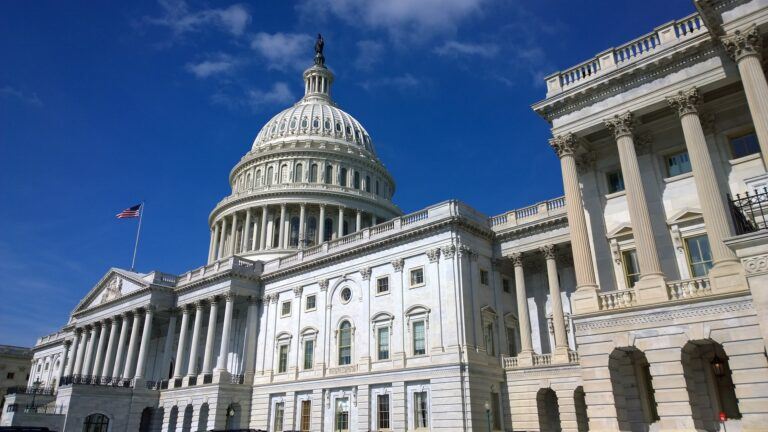Facebook has told U.S. Congress that its Libra cryptocurrency project will not be built around the need for the company to have access to personal financial information.
Like other blockchain networks that transact cyptoassets such as bitcoin and ether, the identity of the user will never be publicly visible – not even to members of the Libra association, which include Facebook, Mastercard and Visa.
In a letter to the Senate Banking Committee in response to concerns voiced by U.S. lawmakers, David Marcus, the Facebook executive at the head of the Libra project, said:
I want to give you my personal assurance that we are committed to taking the time to do this right.
Government Co-Operation
He added in the letter – dated June 8 – that Facebook never intended to carry out the project alone and unadvised:
We want, and need, governments, central banks, regulators, non-profits, and other stakeholders at the table and value all of the feedback we have received.
The big vision behind the project, he said, wasn’t to weaken or destabilize sovereign currencies, but only to even up the playing field in those regions where it is difficult and costly to move sovereign currencies around.
He added:
The reality is that financial transactions today take too long and cost too much. The fees associated with moving money are high, and those that can afford it least are being charged the most. Libra was designed with those populations in mind.
Marcus Answers Specific Concerns
Among the most vociferous of Libra’s critics has been Maxine Waters, a California Representative and chair of the House Financial Services Committee. On July 2, she wrote to Facebook demanding answers to their concerns over “privacy, trading, national security and monetary policy”.
Indeed, Marcus is due to appear before both houses next week to provide testimony that will – hopefully for the Libra Association – assuage their fears. In the meantime, the letter – sent to both houses – addressed a number of pointed questions asked by the Financial Services Committee.
Regulatory Requirements
Marcus wrote that the Libra Association had reached out to regulators, central banks, treasury and finance ministries, and global bodies such as the Financial Action Task Force and Bank for International Settlements.
He added:
The Libra Association will work with policymakers and regulators to make sure this new ecosystem is a value-add to economies, that consumers are protected, and that the role of government oversight and central banks is appropriate.
Marcus said the Association was fully committed to advancing the global dialogue on how blockchain and crypto-assets should be regulated.
Privacy and Consumer Protection
Transaction would be “pseudonymous” much like existing cryptocurrency transactions, Marcus said, which means that the identity of users is not publicly visible. He added:
The Libra Association itself will not be involved in processing user transactions and will not store any personal data of Libra users.
Marcus consluded in the letter that, in addition to users’ personal financial detail being perfectly safe, the Association would not sel consumer information to unaffiliated third parties.









